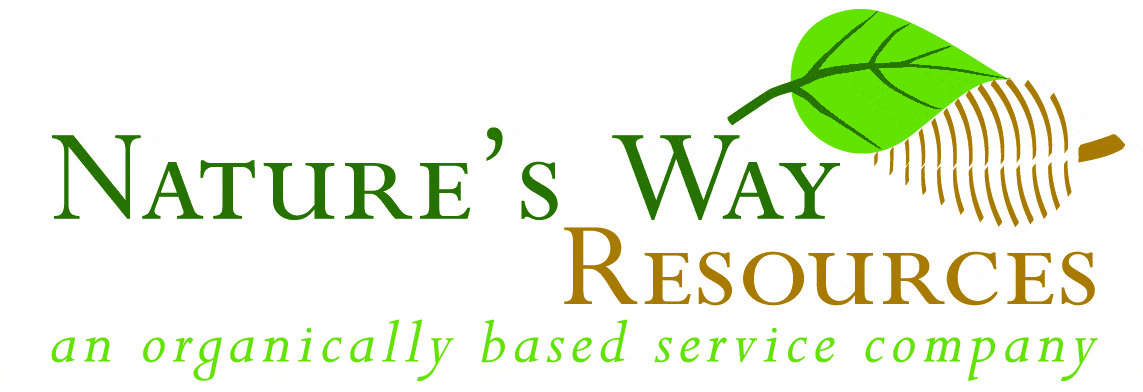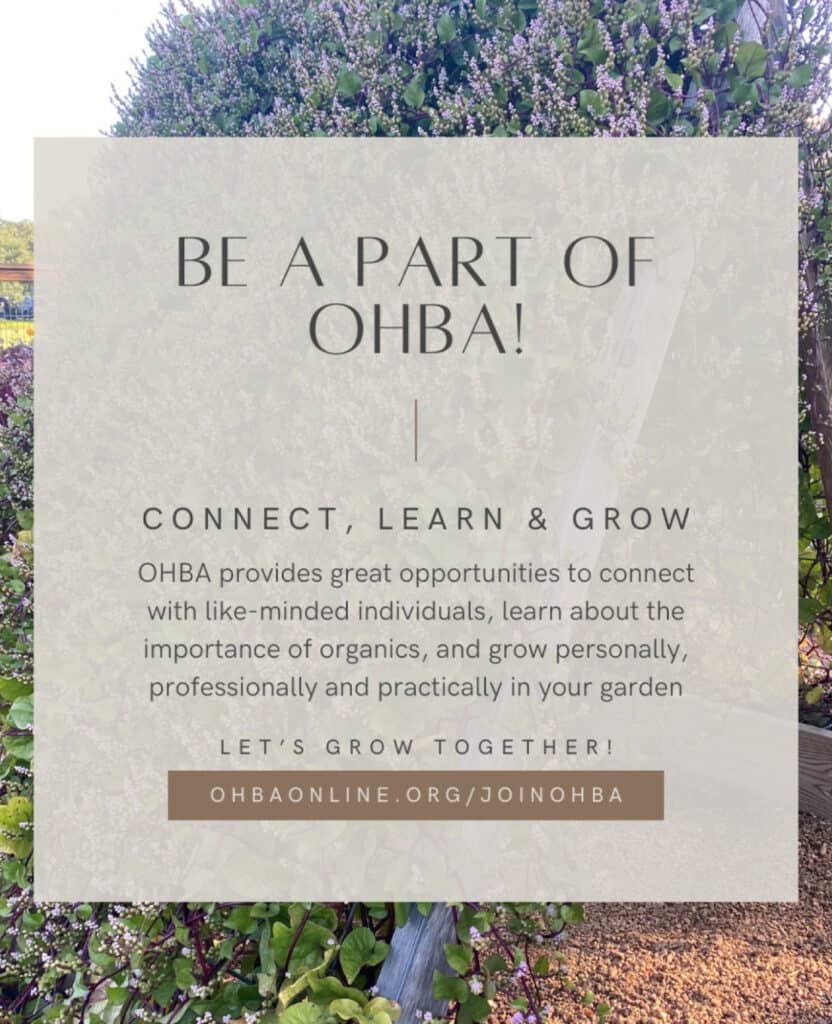NEWS FROM THE WONDERFUL WORLD OF SOIL AND PLANTS
By John Ferguson SOIL TESTING LABORATORIES (With Good Reputations)
I often get asked for recommendations for soil testing services, hence I compiled a list of laboratories I have used or at least familiar with, that have good reputations.
Most soil labs doing soil chemical analysis use a strong (concentrated) acid digestion method as they are quick and inexpensive. The problem is that plant roots do not live in strong acids. The weakness of this method is that the amount of nutrients shown on a strong acid test may not be available for the plant to absorb under normal conditions. For example, this could be caused by a lack of biology releasing and making required nutrients available.
This type analysis has led to many soils being ruined and problems made worse by the application of artificial fertilizers that were not needed. To use an analogy, one may have a lot of money in their investment account or stock market portfolio, however it is not readily available. This compares to one’s checking account where there may not be as much money but the money is instantly available.
Similarly, the strong acid test methods show total nutrients (investment accounts) and the weak acid tests show what nutrient are available for plants to use (checking account). Hence, the weak acid test is far more useful to gardeners.
I personally prefer lab analysis that show both total nutrients (strong) and available nutrients (weak). This allows a gardener to determine if it is a nutrient shortage, a biological issue and nutrients not being available to plants or some other cause.
Chemical Testing:
International Ag Labs – A Biological Approach to Agriculture 800 W. Lake Ave. PO Box 788 Fairmont, Minnesota 56031 (507) 235-6909 https://aglabs.com/services/soiltesting.html
The test of choice for Dr. Reams and International Ag Labs is the weak acid test. This test uses a chemical extract that was patterned after the exudates that roots give off. It is called the Morgan Extract. The Morgan extract is a “universal” extractant, meaning all major nutrients (including phosphorus) and many micronutrients can all be measured in the one extract. Dr. M.F. Morgan developed the Morgan extract in the 1930’s and 40’s at the University of Connecticut. This test more accurately reveals what the plant can actually utilize from the soil. This was the test Dr. Reams used to see what he was looking at. What was Dr. Reams really looking to see with this test? Nutrients that are biologically active. This test closely relates to the visual symptom’s plants display. Plants may be grown directly above limestone bed (calcium carbonate) but show a calcium deficiency. The Morgan test picks this up and shows a low reading of biologically calcium even though there is plenty of calcium in the soil.
Throughout the years the weak acid test has stood the test of time and it has produced brilliant results. Dr. Reams built on this test and determined the ideal nutrient levels and ratios that we use today as benchmarks. When the soil is balanced according to the available nutrients it produces an abundance of high-quality plants and produce.
Perry Agricultural Laboratory, Inc. P.O. Box 418 54 East Bowling Green, MO 63334 (573) 324-2931 http://www.perryaglab.com
A & L Great Lakes Laboratories. Inc 3505 Conestoga Drive Fort Wayne, IN 46808 (260) 483-4759 https://algreatlakes.com/pages/services
This lab offers both soil and plant tissue chemical analysis. San Antonio Testing Laboratory, Inc. 1610 Laredo St. San Antonio, Texas 78207-7029 (210) 229-9920 https://www.satestinglab.com/
This lab offers conventional soil testing as well as heavy metal and testing for many types of environmental contaminates.
Wallace Laboratories 365 Coral Circle El Segundo, CA 90245 (310) 615-0116 https://wlabs.com/
Wallace Laboratories’ agronomic soil analysis not only includes pH, salinity, the concentration of soluble salts, and sodium but also for all 14 essential nutrients and over a dozen toxic metals including arsenic, cadmium, lead, and mercury at no extra cost. Recommendations and interpretations are also provided with the report. Plant Tissues are analyzed to optimize the growing conditions and to fine tune your landscaping site.
TPSL (Texas Plant & Soil Lab) 5151 W. Monte Cristo Rd. Edinburg, Texas 78541-8852 (956) 383-0739 https://www.tpslab.com/
This lab offers testing for soil, compost, plant tissue and heavy metals. They used to offer both strong and weak acid tests but I have not used them in a while.
A & L Plains Analytical Laboratories 302, 34th St Lubbock, TX 79404 (806) 763-4278 http://www.al-labs-plains.com/
Texas A&M AgriLife Extension Service- Soil, Water and Forage Testing Laboratory 2478 TAMU College Station, Texas 77843-2478 (979) 845-4816 https://soiltesting.tamu.edu/
Servi-Tech Laboratories 1816 E. Wyatt Earp P.O. Box 1397 Dodge City, KS 67801 (620) 227-7123 (800) 557-7509 www.servitechlabs.com
This lab can perform conventional soil nutrient testing and in addition offers heavy metal testing.
Biological Testing:
Earthfort Biological Testing 635 SW Western Blvd., Corvallis, Or (541) 257-2612 https://earthfort.com/soil-testing-lab/
Note: The testing laboratory was split off from the Soil Food Web organization and is now known as Earthfort. This lab will look at the microbial content of the compost (bacteria, fungus, protozoa, nematodes, etc. In many ways this information is more important than the chemical analysis. Soil Food Web is now an educational, certification, and consulting service organization established by Elaine Ingham, PhD. www.soilfoodweb.com
Comment: The chemical testing from International Ag Labs and the biological testing from Earthfort gives a gardener the most complete and accurate information about the health of their soil. NOTE: On Friday April 14th, 2023 Elaine Ingham, PhD will be teaching a workshop in Houston for gardeners, on soil biology as part of OHBA (Organic Horticulture Benefits Alliance) educational series. To register go to www.ohbaonline.org .
I have had the privilege of knowing Elaine for over 30 years. Dr. Ingham is a brilliant scientist and a tremendous lady whose work has revolutionized our understanding of soil science and plant health.

